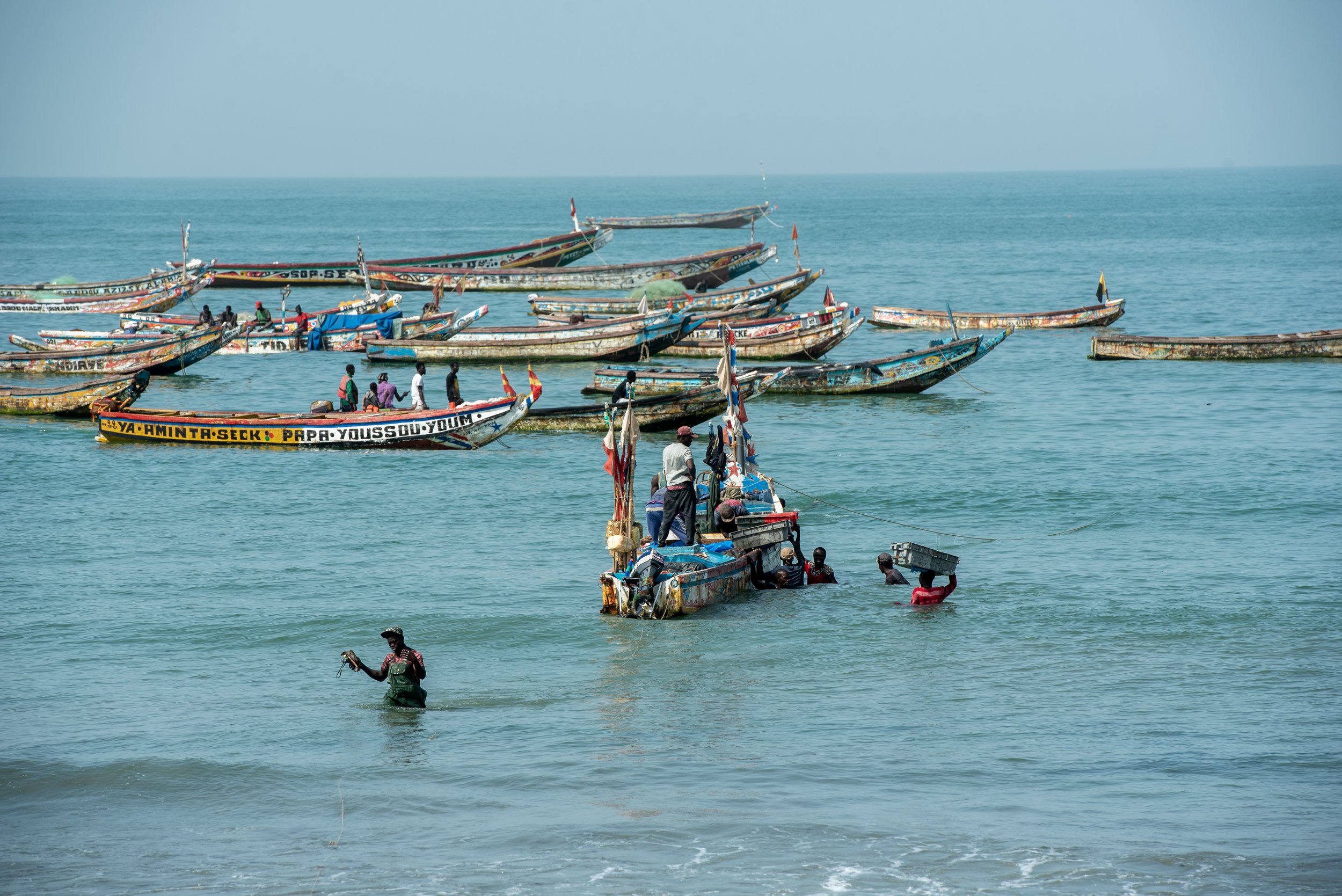Despite promises of measures to discourage this activity by increasing export taxes and redirecting landings for human consumption, more than 650,000 tons of fresh fish per year are used to make fishmeal and fishoil
In 2017, Mauritania said it would put in place measures to phase out and eliminate fishmeal and fish oil production by 2020. However, since 2010, the exploitation of small pelagics (fresh and whole) has been increasingly diverted towards the of fishmeal. The production of fishmeal and fish oil in fact has tripled, thus contributing to the overexploitation of some fish resources, which are shared between several neighbouring countries.
Source: Ministère des pêches et de l’économie maritime (MPEM) of Mauritania.
This week, the European Commission announced the resumption of negotiations with Mauritania next November for a new protocol to the Sustainable Fisheries Partnership Agreement (SFPA).
While the priorities for the local artisanal fishing sector have long been known, - exclusivity of octopus fishing for local fleets, zoning that protects their fishing grounds from trawling - a key aspect will be the access to small pelagics, which should be seen in the light of the (lack of) regional concerted management.
The European Union could, in a future protocol, support the efforts of Mauritania and other countries in the sub-region to move towards such concerted approach to the management of small pelagics, which in the long term is the only way for the recovery and conservation of these over-exploited resources, in particular by supporting research. But one element that risks undermining these efforts to conserve these resources is the anarchic and exponential increase in small pelagic fishing and the diversion of these catches from human consumption in West Africa to the production of fishmeal and fish oil for export.
The subject has been controversial for many months in The Gambia and Senegal. Only last week, a Greenpeace report reiterated the insistent demand of civil society in these countries: “The phasing out of all fishmeal production using fish fit for human consumption, and the redirection of fishmeal and fish oil processing capacity to products for direct human consumption.”
Official figures (Société mauritanienne de commercialisation du poisson, SMCP) for exports of fish oil and fishmeal for the first quarter of 2020.
One country in the sub-region that seemed to have heard this call is Mauritania. In 2017, the Mauritanian government announced measures to discourage the production of fishmeal and fish oil and to phase out fishmeal production by 2020. The aim was, in the words of the Mauritanian government, 'to improve the value of catches and strengthen food security'. The measures proposed were to increase export taxes (from 1% to 8%) and to strengthen control. Also, to increase the processing activity for human consumption and to devote from 0% to 15% to human consumption until reaching 60% in 2020.
But today, in 2020, the opposite has happened. In the sub-region, with more than 25 active factories, Mauritania is the country that produces the most fishmeal and fish oil. Official SMCP (Société mauritanienne de commercialization du poisson) figures confirm that in the first quarter of 2020, nearly 33,000 tonnes of fishmeal and fish oil were exported, corresponding to some 165,000 tonnes of fish, mostly small pelagics. If the production of fishmeal and fishoil continues at this frenetic pace, more than 650,000 tonnes of small pelagics will end up as fishmeal and oil in Mauritanian factories in 2020. This is far from the elimination programmed and promised by the authorities for 2020.
Banner photo: Cassiano Psomas - @psomas/Unsplash







The Sustainable Fisheries Partnership Agreement (SFPA) between the EU and Mauritania is an opportunity to implement the “new generation” of agreements announced by the Commission, which should focus on the equitable sharing of benefits, local development, and the well-being of coastal communities that depend on fishing.